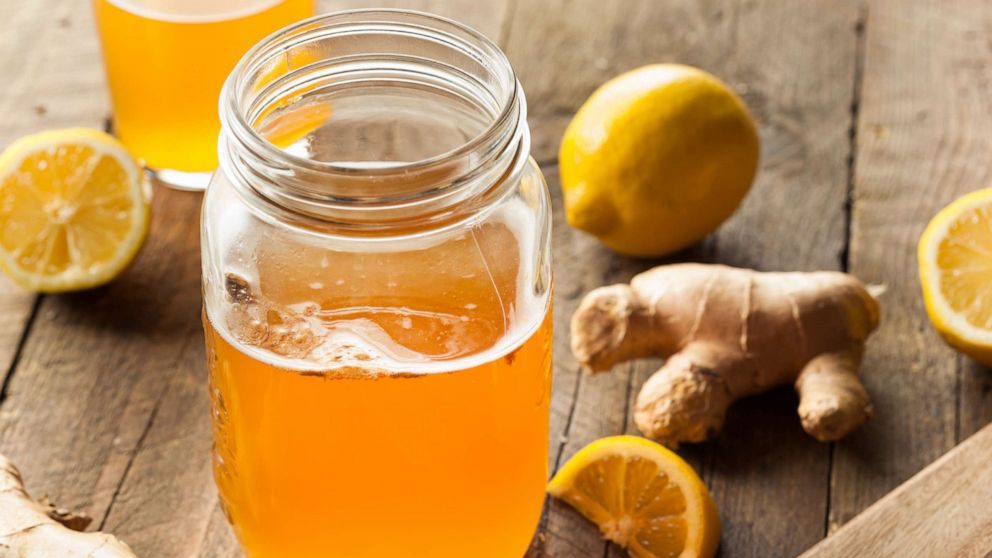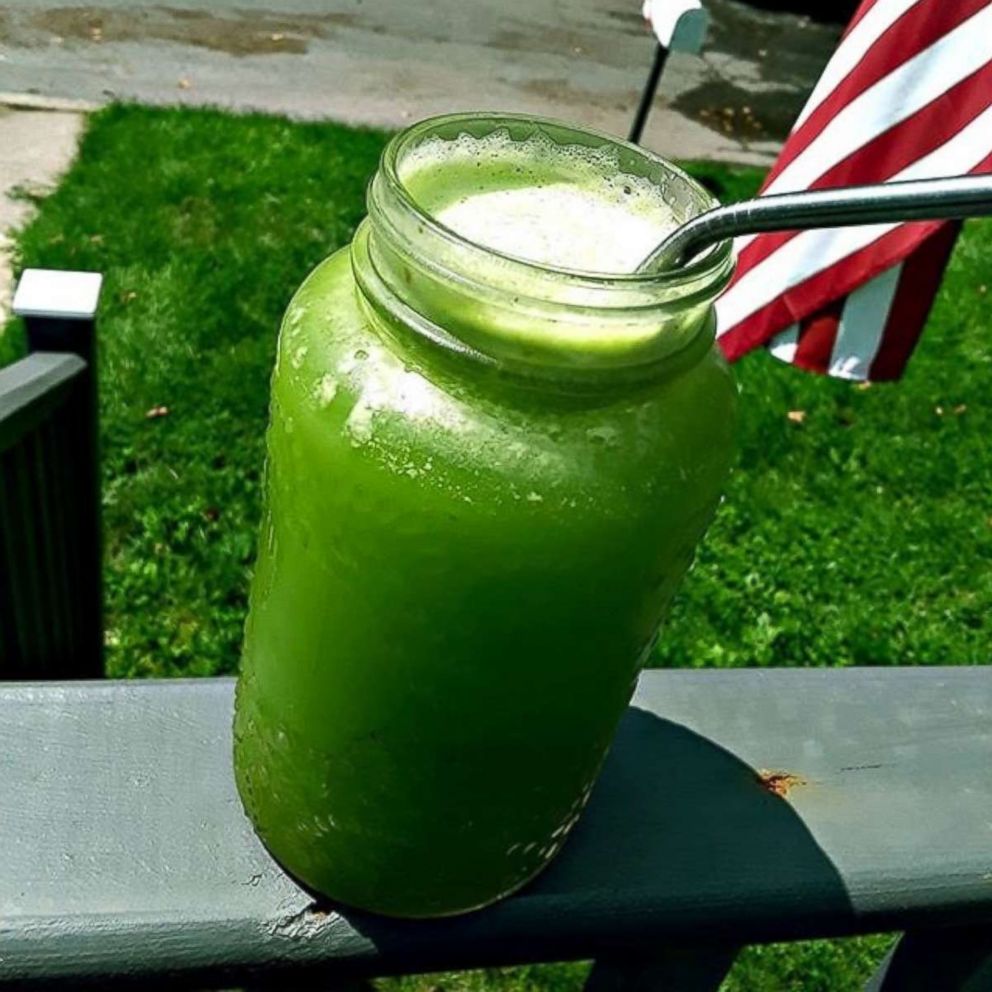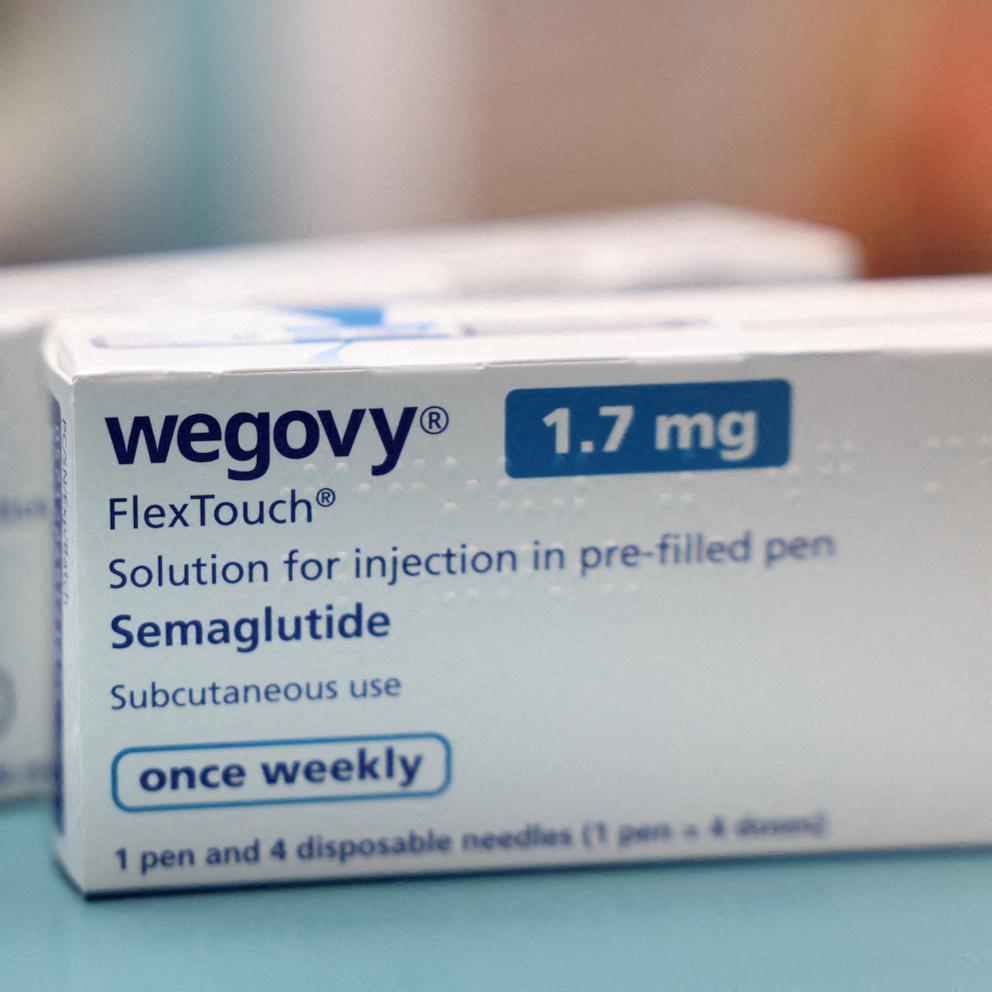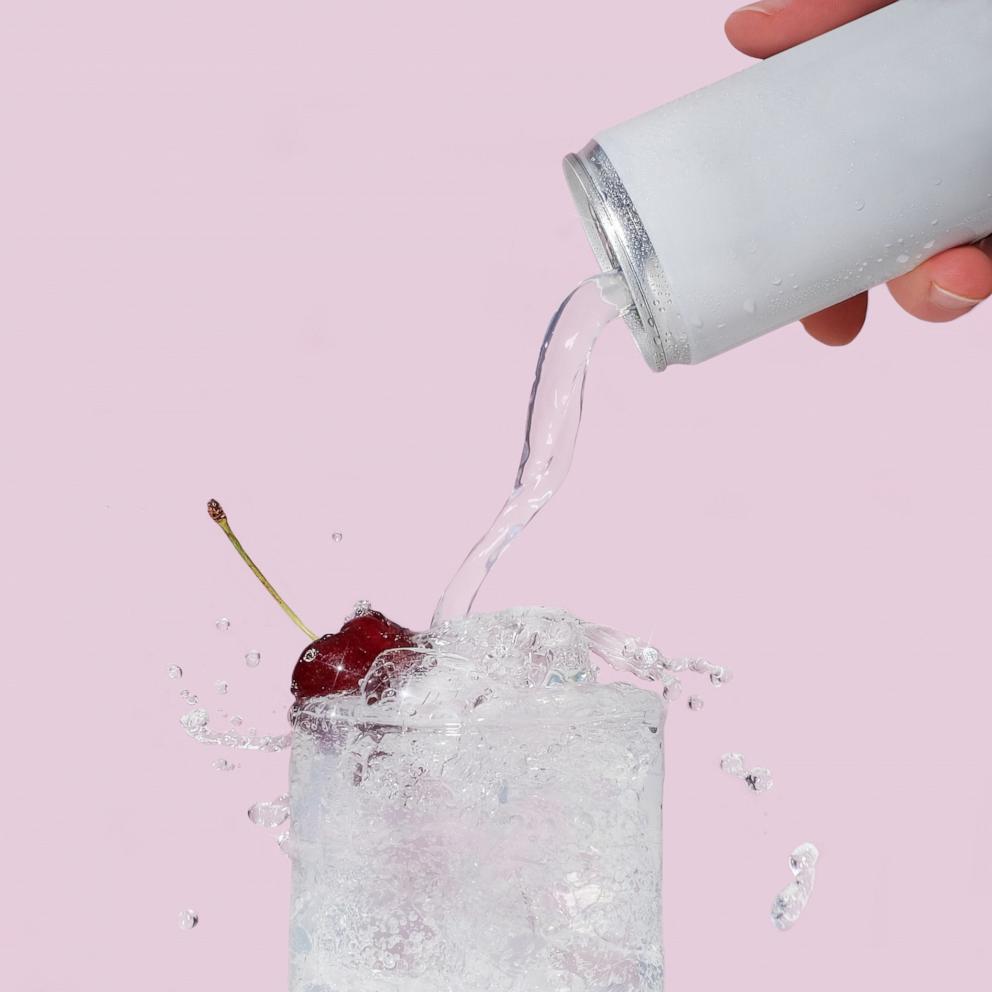Everything to know about kombucha: Is it worth the hype?
No longer relegated to health food stores, kombucha has made a big splash in the world of beverages.
The fermented tea drink can now be found on the shelves of grocery stores and even convenience stores.
Kombucha typically comes with a hefty price, usually $4 or more per 16-ounce bottle, and a lot of questions about what it actually is and whether it's health benefits are real.
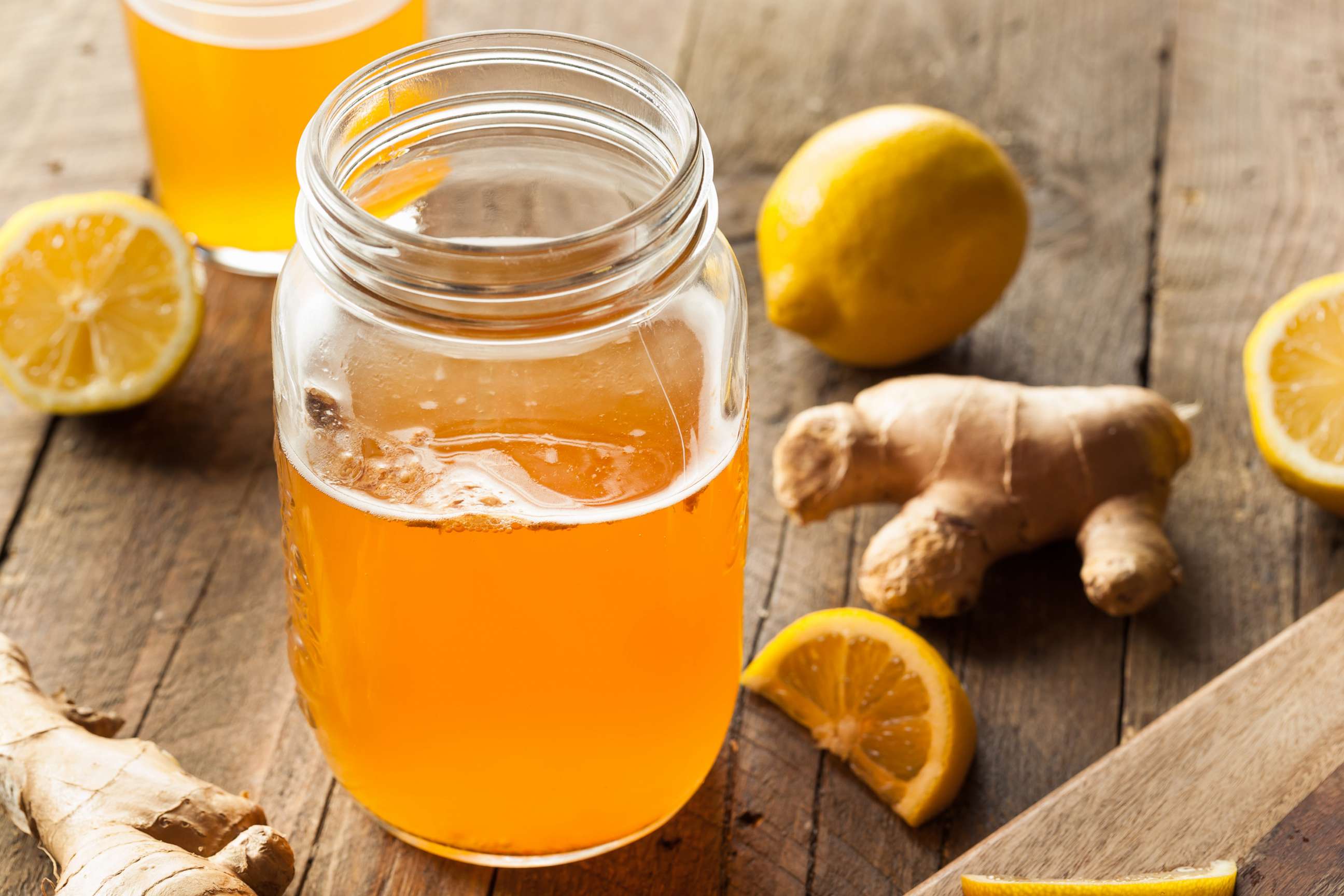
There can also be confusion about what is actually in kombucha since ingredients and nutrition information, like grams of sugar, tend to vary by both type and brand.
"Good Morning America" is here to help with kombucha confusion. We tapped two registered dietitians -- Heather Bauer and Maya Feller -- to answer the biggest questions surrounding kombucha.
What is in kombucha?
Kombucha is generally produced from a mixture of sugar, brewed tea (typically black) and symbiotic culture of bacteria and yeast, or scoby.
Some kombucha drinks also have fruit juice added to them.
How is kombucha made?
The process of making kombucha starts with steeping tea leaves or tea bags in boiling water. The scoby plus a small portion of previously-fermented kombucha are then added to the sweetened tea.
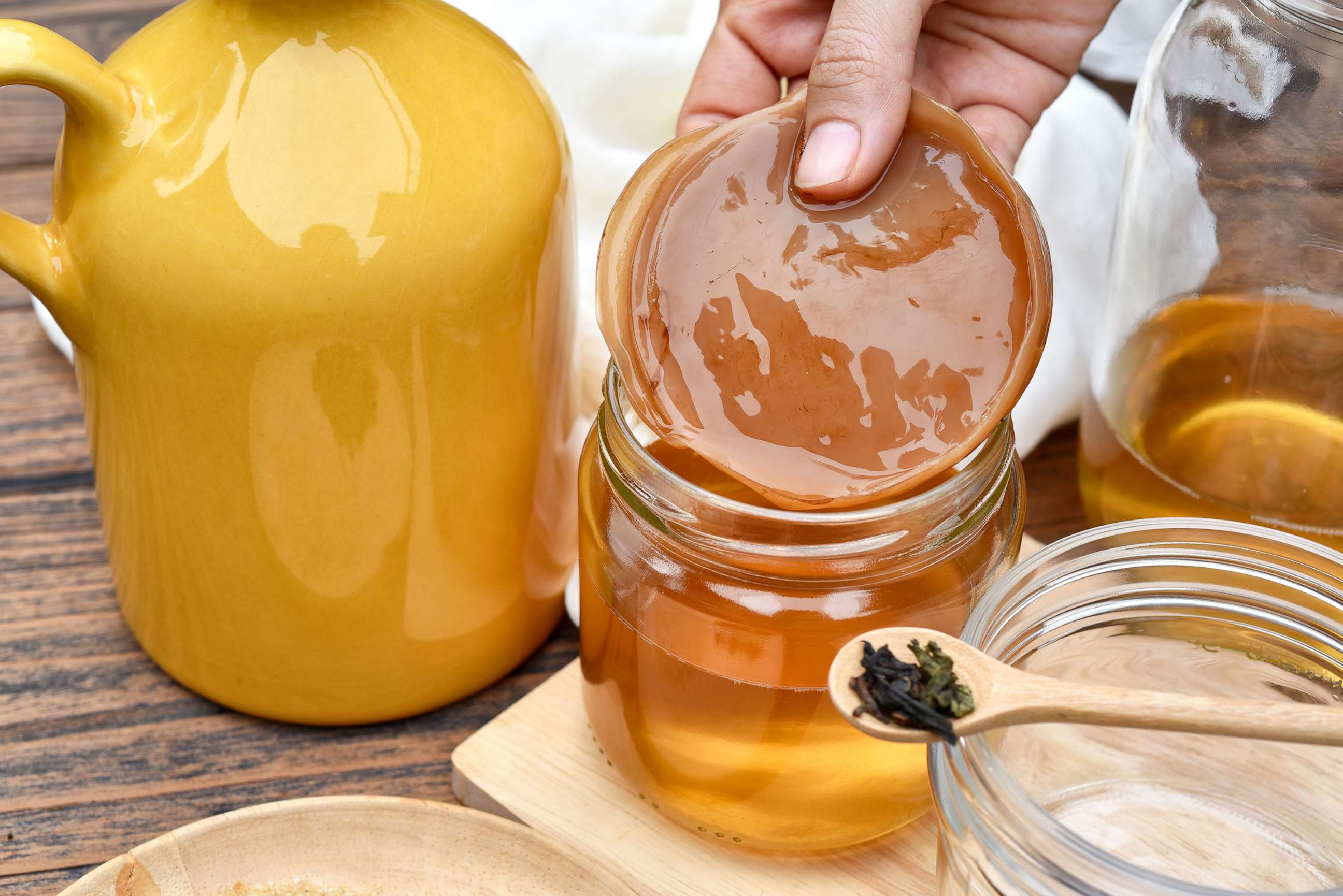
That mixture is then placed into a jar, covered and left to ferment, usually for seven to 10 days. The kombucha is then ready to drink, either unflavored or juices, herbs or fruit can be added.
What are the health benefits of kombucha?
Kombucha is touted as doing everything from helping with weight loss to lowering blood pressure and helping to prevent cancer.
Research on the health benefits of kombucha though has been conducted mostly on animals, not humans, according to a 2019 review published in the U.S. National Library of Medicine.
Kombucha does contain probiotics, live bacteria that are considered good for the body. Probiotics come in any type of food that is fermented, from yogurt to sauerkraut and kimchi.
Both Bauer and Feller recommend probiotics in a diet for overall gut health, but pointed out that they should come from a variety of foods, not just a drink like kombucha.
"If you’re looking for the nutrition benefits, I don’t counsel to get them solely through a drink," said Feller. "What really maintains healthy gut flora for the average person is paying attention to what you eat on a regular and consistent basis, having a good mix of prebiotics and probiotics and if there’s an unwanted change in your gut health, getting individualized attention from a qualified healthcare provider."
Does the sugar in kombucha matter?
The sugar in kombucha is a by-product of the fermentation process, but there will be additional sugar if the kombucha is sweetened with a fruit or fruit juice.
The amount of sugar in kombucha depends on the brand and the ingredients. While the sugar is naturally-occurring, dietitians advise consumers to still pay attention to it.
"I would say be mindful of which brand you get and make sure you get the lowest sugar one," advised Bauer, creator of The Food Fix weight loss plan. "If you pick a brand that has 20 plus grams of sugar and you’re having four bottles a day, it can add up."
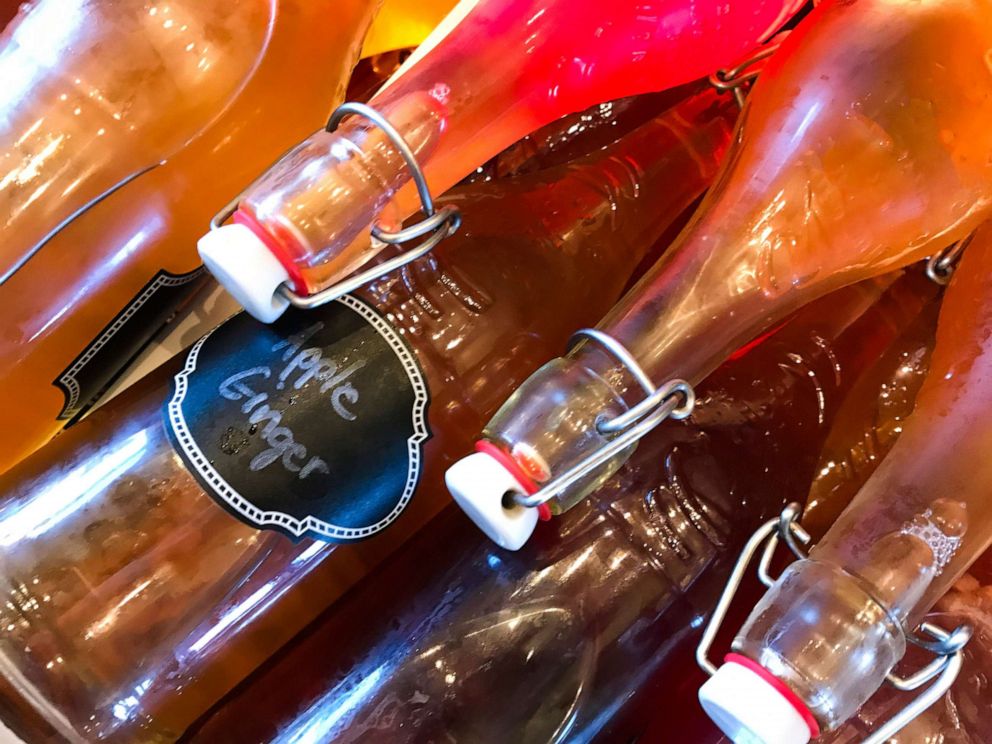
Both Feller and Bauer noted that consumers should be smart about reading the nutrition labels, especially noticing if one bottle contains more than one serving.
"Do the math and multiply it so you understand what you’re actually taking it in," said Feller, who has a cookbook coming out this fall. "Read the ingredients. It's best to be an informed consumer who’s making a mindful choice."
Are there any risks with drinking kombucha?
Kombucha is not advised for pregnant women or children, according to both Bauer and Feller. The reason is that the drink carries with it a small amount of alcohol because it is a fermented drink.
Alcohol is a by-product of any fermentation process but alcohol levels in kombucha can vary depending on how the drink is made.
Kombucha sold in stores must have less than .5% alcohol in order to be sold as a non-alcoholic beverage, according to U.S. government regulations.
Final verdict
Both Feller and Bauer see kombucha as an acceptable drink for people who like the taste and want to drink it, but not a drink that people must have in order to be healthy.
In other words, drink it if you like but don't blow your budget thinking you have to buy $4 bottles of it daily to have good health.
"If you’re drinking it because you’re looking for the purported health benefits associated with kombucha, I would urge you to think twice," said Feller. "If you want to have it, have it and enjoy because it was an intentional beverage choice."
Bauer said the phrase "moderation is key" applies to all foods and drinks, including kombucha.
"People go crazy on things and nothing is designed to be consumed excessively," she said. "You can’t drink coffee or Diet Coke all day either."
Editor's note: This was originally published on May 22, 2019.
